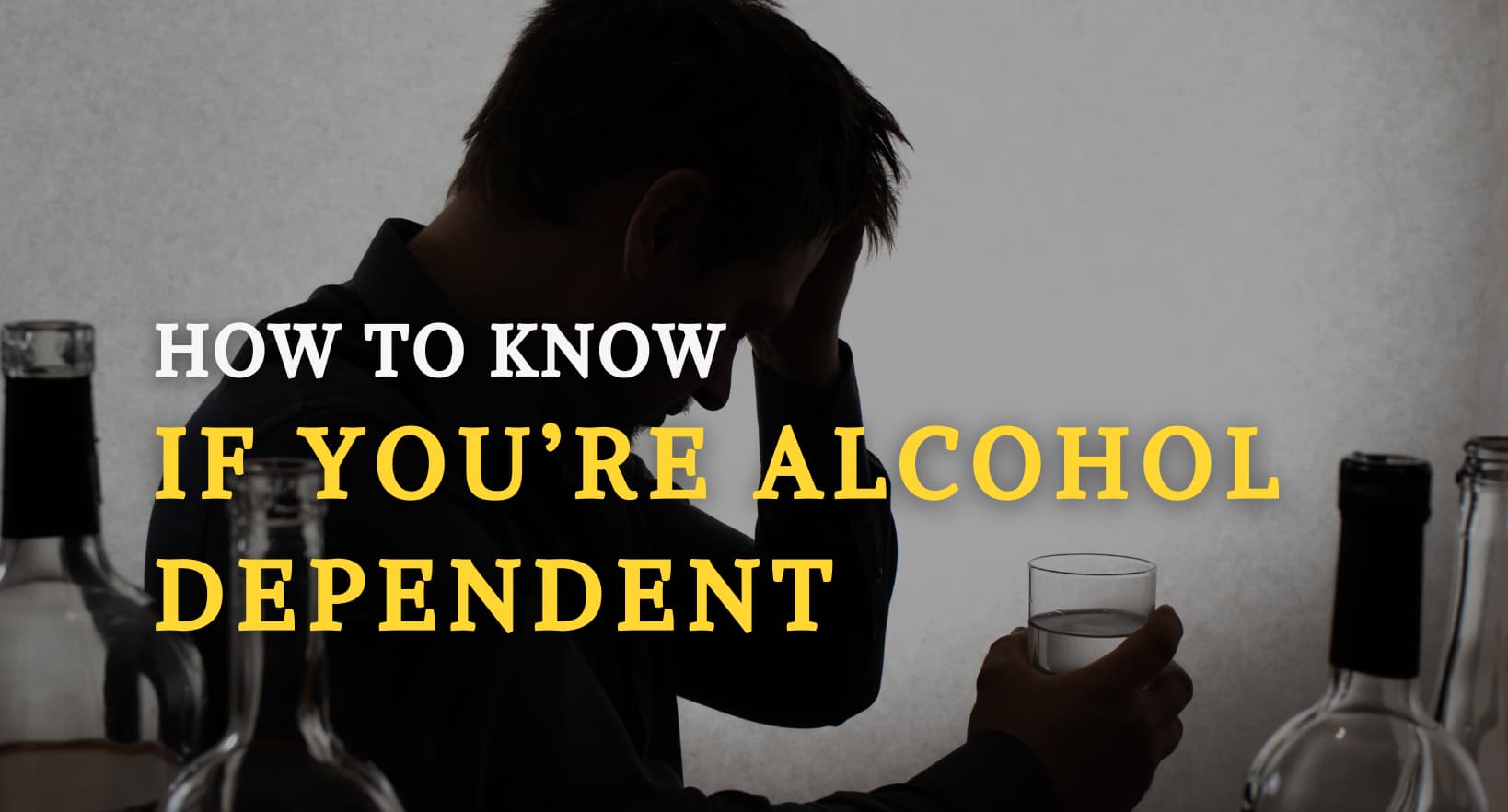
Cocaine recovery is a multifaceted process, encompassing not only the cessation of drug use but also a comprehensive understanding of the substance itself and its profound impacts. It’s essential to differentiate between crack and cocaine, comprehend their various street names, and acknowledge the highly addictive nature of these substances. This initial understanding is crucial for anyone recovering or supporting a loved one.
Crack vs. Cocaine: What’s the Difference?
Understanding the difference between crack and cocaine is crucial in the context of addiction and recovery. While both are derived from the coca plant, their forms of consumption and the intensity of their effects differ significantly.
The Side Effects of Cocaine Addiction: From Energy Burst to Heart Attack
Cocaine addiction’s side effects are wide-ranging and can be devastating. Initially, users may experience a surge of energy and euphoria, but this quickly gives way to severe health issues, including heart problems and mental health disorders. For further reading, check out this detailed article that provides a comprehensive overview of the myriad side effects associated with cocaine use.
Cocaine Nose
Chronic cocaine use, particularly through snorting, can lead to noticeable physical deformities, commonly known as ‘cocaine nose.’ This condition is not only a cosmetic concern but also a painful and dangerous health issue, highlighting the severe physical consequences of prolonged cocaine abuse.
Recognizing Signs of Cocaine Addiction
Recognizing the signs of cocaine addiction is a critical step in seeking help and beginning the journey to recovery. People who become addicted to cocaine lose control over their use of the drug. They feel a strong need for cocaine, even when they know it causes them medical, psychological and social problems. Cocaine addiction manifests through a complex interplay of genetic factors, frequency of use, and the body’s response to drug abuse. Key indicators of addiction include:
- Genetic Susceptibility: A family history of addiction can increase the likelihood of developing similar issues. Genetics can influence how the brain reacts to cocaine, potentially heightening the risk of addiction.
- Frequent Use: Regular and increased use of cocaine often leads to tolerance, necessitating higher doses for the same effect, which accelerates the cycle of addiction.
- Decreased Sensitivity to Natural Rewards: Over time, cocaine use diminishes the brain’s response to natural rewards, leading to a reliance on the drug for pleasure and satisfaction.
- Paranoia and Mental Health Changes: Extended cocaine use can result in paranoia and other mental health issues, further complicating the addiction.
- Physical Symptoms: The method of cocaine administration (snorting, smoking, or injecting) can lead to distinct physical symptoms, such as nasal damage from snorting or lung issues from smoking.
Understanding the brain’s response to cocaine is also crucial. Cocaine alters the brain’s chemistry, particularly in areas related to reward and pleasure, leading to addiction. This chemical change reinforces drug-seeking behaviour, making recovery a challenging yet achievable goal.
Cocaine Withdrawal: Symptoms, Challenges, and the Road to Recovery
Cocaine withdrawal is a significant hurdle in the recovery process, characterized by a spectrum of psychological and physical symptoms. Understanding these symptoms is key to preparing for and successfully navigating the withdrawal phase.
Key symptoms of cocaine withdrawal include:
- Intense Cravings: A hallmark of cocaine withdrawal, cravings can be overwhelming and often lead to relapse if not properly managed.
- Psychological Symptoms: Individuals may experience depression, irritability, and even violent behaviour, as noted by the Government of Canada.
- Physical Discomfort: Symptoms like fatigue, disturbed sleep, and energy loss are common during withdrawal.
- Risk of Relapse: The Centre for Addiction and Mental Health (CAMH) highlights that the memory of cocaine’s euphoria can significantly increase the risk of relapse.
From Cravings to Recovery
This phase of withdrawal is marked by an intense desire for cocaine, coupled with a range of emotional and physical challenges. Addressing these symptoms holistically is essential for successful recovery.
Medical Supervision in Cocaine Withdrawal
Medical supervision during cocaine withdrawal is vital. It ensures safety, supports managing symptoms, and prepares individuals for the next steps in their recovery journey.
Comprehensive Treatment Options for Cocaine Recovery
Effective treatment for cocaine recovery encompasses a variety of approaches, each tailored to address the specific needs of the individual. These options include:
- Medication: While there is no specific medication for treating cocaine addiction, certain medications can help alleviate withdrawal symptoms and address co-occurring mental health issues.
- Cognitive Behavioral Therapy (CBT): This form of therapy is highly effective in treating cocaine addiction. CBT helps individuals identify and modify negative thought patterns and behaviours associated with drug abuse.
- Therapeutic Communities: Long-term residential programs focusing on rehabilitating individuals through community support and mutual self-help.
- Contingency Management: A treatment approach offering incentives for maintaining sobriety and participating in treatment activities.
The recovery journey is lifelong, emphasizing the importance of community support and ongoing personal development. Resources like Cocaine Anonymous provide peer support, fostering a sense of community and shared experience that is essential for sustained recovery.
Research-Based Therapy Models
Emerging research continues to shed light on effective therapy models for cocaine addiction. Treatments are increasingly personalized, drawing on the latest scientific understanding of addiction. This study offers a wealth of information for insights into research-based therapy models.
Support Groups and Community Involvement
Support groups and community involvement play a pivotal role in the recovery process. They offer a supportive environment for sharing experiences and strategies for coping with addiction. More information on the impact of these groups can be found in this detailed analysis.
Holistic Healing Methods: Nutrition, Exercise, and Alternative Therapies
Holistic healing methods complement traditional treatment approaches, including proper nutrition, regular exercise, and alternative therapies. They contribute to overall well-being, aiding in recovery from cocaine addiction. Trafalgar Residence discusses these methods in depth here.

Family Support in Cocaine Recovery
Family plays a pivotal role in the journey of recovery from cocaine addiction. Understanding the impact of addiction on family dynamics and relationships is crucial, as is recognizing the signs of addiction in a loved one. Families can provide essential support, but they also need guidance on how to effectively do so without enabling the addiction.
- Impact on Family Dynamics: Cocaine addiction can strain relationships, altering family roles and dynamics. Families need to understand these changes and how to navigate them.
- Recognizing Signs of Addiction: Families should be aware of the signs of cocaine addiction, which can be subtle or overt, to intervene effectively.
- Approaching a Loved One: Discussing addiction with a loved one requires sensitivity and understanding. It’s often beneficial to seek professional guidance before initiating such conversations.
- Setting Boundaries: Establishing clear boundaries is key to supporting a loved one while protecting the family’s well-being.
- Communication Strategies: Open and honest communication is vital in addressing addiction and supporting recovery.
- Self-Care for Family Members: Caring for a loved one with addiction can be emotionally taxing. Family members should also prioritize their mental health and seek support when needed.
Brain Recovery from Cocaine Use Disorder
Recovery from cocaine use disorder involves significant changes in the brain, particularly in its structure and cognitive functions. This recovery is both complex and promising, offering a path to reversing some of the damage caused by prolonged cocaine use.
- Structural and Cognitive Impairments: Prolonged cocaine use can lead to structural changes in the brain, affecting areas responsible for decision-making, impulse control, and reward processing. Cognitive impairments may include difficulties in memory, attention, and problem-solving skills.
- Recovery of the Prefrontal Cortex: The prefrontal cortex, crucial for executive functions like planning and self-regulation, is often impacted by cocaine use. Recovery involves gradually restoring this region, which can improve decision-making abilities and impulse control.
- Potential for Reversal of Brain Damage: Research suggests that some brain damage caused by cocaine use can be partially reversed. This can lead to cognitive improvement, although the extent of recovery varies among individuals.
- Improvement in Cognitive Abilities: As the brain recovers, cognitive functions can improve. This includes better memory, enhanced attention span, and improved problem-solving skills, all critical for maintaining long-term sobriety and rebuilding a productive life.
The recovery of brain function is a key aspect of overcoming cocaine use disorder, highlighting the brain’s remarkable ability to heal and adapt. While the journey can be challenging, the potential for improvement offers hope and motivation for individuals on the path to recovery.
Societal Implications and Future Directions in Cocaine Recovery
The journey of cocaine addiction recovery extends beyond the individual, having profound implications for society as a whole. It’s a multifaceted challenge encompassing public health, social services, and justice.
- Neurocognitive Recovery in Cocaine Abuse: Understanding and addressing the neurocognitive aspects of cocaine use is crucial in effective addiction treatment. This includes dealing with withdrawal symptoms and post-acute withdrawal syndrome, both of which can have significant impacts on an individual’s cognitive and emotional well-being.
- Supplementary Treatments in Cocaine Addiction Treatment: Exploring supplementary treatments, including behavioural therapies and holistic approaches, can enhance the effectiveness of traditional cocaine addiction treatment methods. These treatments address not only the physical aspects of drug abuse and addiction but also the psychological and social dimensions of recovery.
- Cocaine Withdrawal Syndrome and Cocaine Use: Addressing cocaine withdrawal syndrome is a critical component of successful recovery. It involves managing the acute and long-term withdrawal symptoms that accompany cessation of cocaine use.
- Broader Societal and Policy Implications: The way society and policymakers approach cocaine abuse and recovery can significantly influence the success rates of addiction treatment programs. This includes promoting evidence-based practices, reducing stigma, and supporting research into new treatment modalities.
- Future Directions in Cocaine Recovery: As our understanding of cocaine use and its impacts evolves, so too should the strategies and treatments for addressing it. This involves ongoing research, adaptation of treatment protocols, and a commitment to understanding the complex nature of drug addiction.
It’s Never Too Late to Start Recovery
At Trafalgar Addiction Treatment Centres, we recognize the multifaceted nature of cocaine recovery. Our comprehensive approach not only addresses the cessation of drug use but also delves into understanding the substance’s impact on both body and mind. Our treatment programs, available through our inpatient and outpatient services, are designed to meet the unique needs of each individual.
We offer a supportive environment that blends medical expertise with therapeutic care, situated in serene, homelike settings ideal for healing and rehabilitation. Our facilities provide a safe space where individuals can focus on recovery, free from the judgment and stigma often associated with addiction. Our treatment plans include medical supervision during detox, cognitive behavioral therapy, and access to support groups, ensuring a holistic approach to overcoming addiction.
At Trafalgar, we believe in empowering individuals on their journey to recovery, offering not just a path away from cocaine use but towards a healthier, more fulfilling life. Whether you’re dealing with the challenges of cocaine withdrawal or seeking to rebuild your life post-addiction, our team of accredited professionals is here to support you every step of the way.
Sources
Trafalgar Residence. “Cocaine Use Side Effects on Your Body and Mind.”
CAMH. “Cocaine and Crack.”
Government of Canada. “Cocaine and crack“.
Cocaine Anonymous. Homepage.
ScienceDirect. “Long-Term Cocaine Self-administration Produces Structural Brain Changes That Correlate With Altered Cognition.”
Taylor & Francis Online. “Relapse into opiate and crack cocaine misuse: a scoping review.”
Trafalgar Residence. “Cocaine Addiction – Effects, Symptoms and Treatment.”
BCCSU. “Resources For Families & Caregivers.”
CMAJ. “Addiction and the brain: the role of neurotransmitters in the cause and treatment of drug dependence. (p. 4)”
CCSA. Cocaine.





